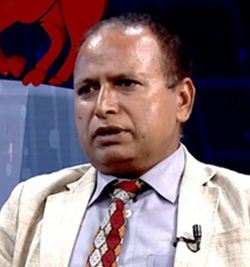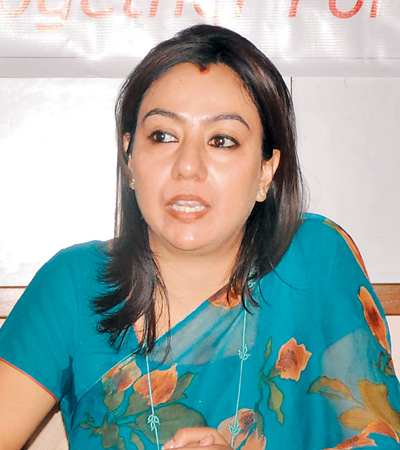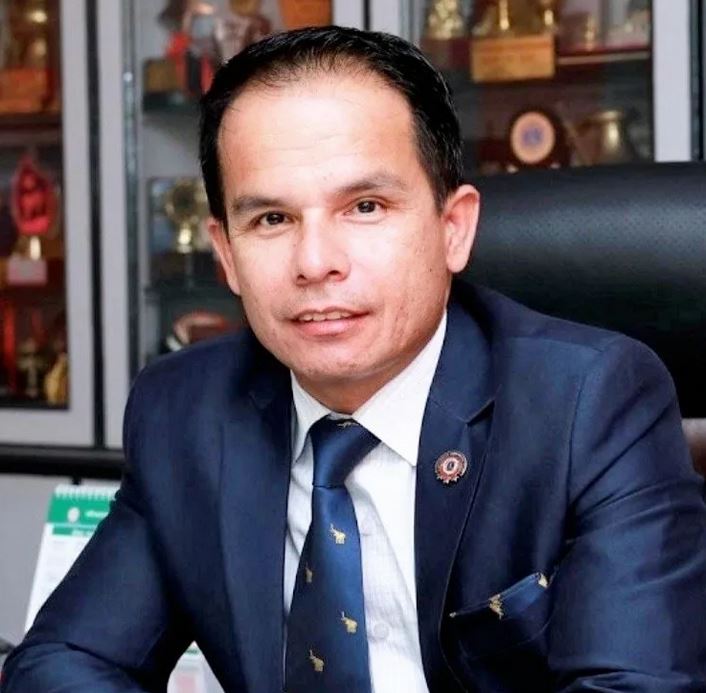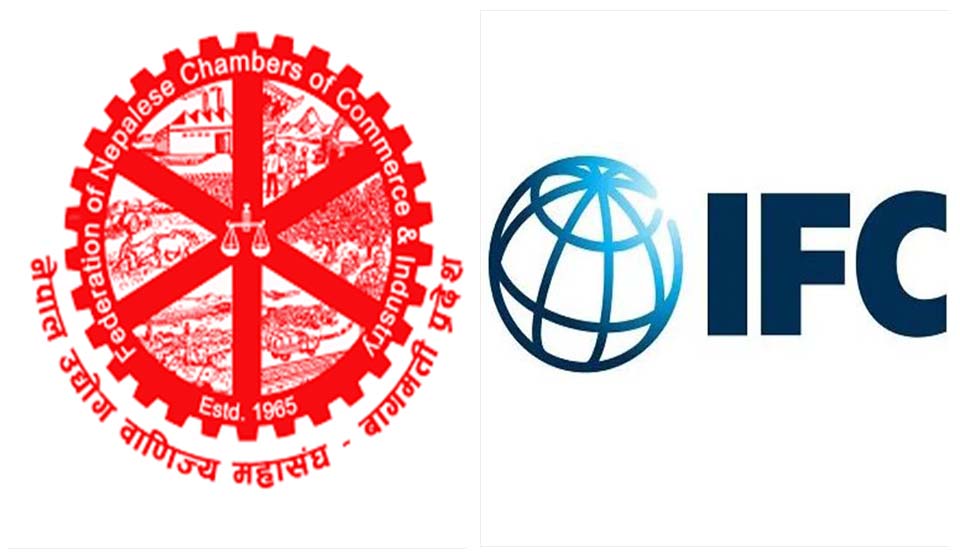KATHMANDU, May 30: The government presented the annual budget of Rs 1.751 trillion for the fiscal year 2023/24 on Monday.
Presenting the budget at a joint session of the federal parliament, Finance Minister Prakash Sharan Mahat said that the new budget has prioritized achieving higher economic growth and dynamic, broad-based, sustainable, and inclusive economy while ensuring a guarantee of security and justice.
Here’s what the private sector has to say about FY 2023/24’s budget:
Deshbandhu Basnet (Ajit), Chairman of Tourism and Aviation Committee of Federation of Nepal Chamber of Commerce and Industry (FNCCI), said that the budget unveiled by the government is good overall. He said that most of the programs included in the government's budget statements are focused on making the country self-reliant and earning foreign currency.

"Since the global economy has contracted and its impact has also been deeply felt in Nepal, it seems that the government has brought a budget in a deliberate manner to deal with it," he said. "But it seems very difficult to implement the economic resources necessary for that."
Budget receives mixed reactions from lawmakers

According to Dhruba Thapa, President of NADA Automobiles Association of Nepal, the budget of the next fiscal year will not contribute much to the automobile sector. He said that since there is no change in the current system, the budget does not seem to have much impact.
"It doesn't seem like anything has been touched on automobiles. When the full text of the budget comes out, let's see if some topics are included. At present, nothing seems to have much of an effect," he said, while adding that a few minor issues may come in the budget.
Rajesh Agarwal, senior vice president of the Confederation of Nepalese Industries (CNI), said that the slogans mentioned in the budget were good to hear but they are not practical.

He said that the budget does not seem to solve the current economic problems. "The person who wrote it has written well. But there are only slogans," he said.
Umesh Prasad Singh, president of the Federation of Nepal Cottage and Small Industries, has said that the budget brought by the government for the next fiscal year is friendly to small business owners. He said that since small household industries contribute the most in building a self-reliant economy, most of the suggestions given by them have been included and now they wish that the implementation aspect would be strengthened.

President Singh also said that production subsidies in agriculture are likely to prevent abuse. He argued that it is a good sign that Kavre's industrial village will be developed as a women entrepreneur industrial village and encourage women and small household entrepreneurs.
Rajesh Kumar Agarwal, owner of Arghakhanchi Cement, said that when making roads from concrete, 100 percent indigenous products can be used. “If concrete roads are to be built across the country, a large amount of cement and rods will be consumed, which will change the economy of the country," Agrawal said.
"The government should have built concrete roads five years ago. If the construction of roads had started since that time, hundreds of industries would have started in the country by now and thousands of locals would have got jobs.”

Bhawani Rana, the former president of FNCCI, said that the budget covers the entire sector and it will be better for the future than for now. "In case of small and domestic industries, VAT refund to local industries is also encouraged. It will be better for the long term than immediate benefit," she said, adding, "It should also be supported by monetary policy."
Hemraj Dhakal, vice president of FNCCI, said that the private sector has been encouraged by the budget, although it has not been able to address the current economic crisis. "There was a need to address the needs of the time and keep the economy running. From interest rates to liquidity, it seems that things have become abstract," he said.




































